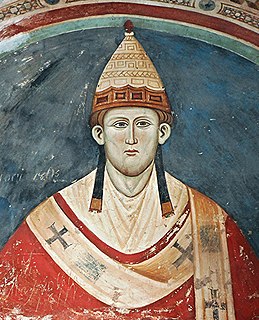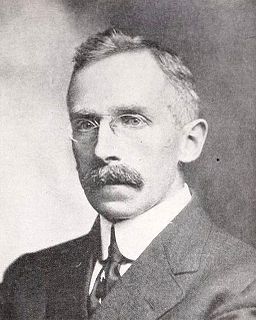A Quote by Emile M. Cioran
We cannot consent to be judged by someone who has suffered less than ourselves. And since each of us regards himself as an unrecognized Job.
Related Quotes
I cherish my own freedom dearly, but I care even more for your freedom. Too many have died since I went to prison. Too many have suffered for the love of freedom. I owe it to their widows, to their orphans, to their mothers and their fathers, who have grieved and wept for them ..... Not only have I suffered during these long lonely wasted years. I am no less life-loving than you are. But I cannot sell the birthright of the people to be free ....... Only free men can negotiate. Prisoners cannot enter into contracts. Your freedom and mine cannot be separated.
The Pope should not flatter himself about his power nor should he rashly glory in his honor and high estate, because the less he is judged by man, the more he is judged by God. Still the less can the Roman Pontiff glory because he can be judged by men, or rather, can be shown to be already judged, if for example he should wither away into heresy; because he who does not believe is already judged, In such a case it should be said of him: 'If salt should lose its savor, it is good for nothing but to be cast out and trampled under foot by men.'
If there is pain, nurse it, and if there is a flame, don't snuff it out, don't be brutal with it. Withdrawal can be a terrible thing when it keeps us awake at night, and watching others forget us sooner than we'd want to be forgotten is no better. We rip out so much of ourselves to be cured of things faster than we should that we go bankrupt by the age of thirty and have less to offer each time we start with someone new. But to feel nothing so as not to feel anything - what a waste!
And since the possession of qualities presupposes that one takes a certain pleasure in their reality, all this gives us a glimpse of how it may all of a sudden happen to someone who cannot summon up any sense of reality — even in relation to himself — that one day he appears to himself as a man without qualities.
Everyone has a right to be interested in himself, and I am confident that God wants us to be interested in ourselves first; that is, the first soul that anyone should bring to God should be his own soul. We cannot do very much for anyone else until we have first done something for ourselves. That is, it is pretty difficult to give someone else an education unless we have some education ourselves. It is pretty hard to get someone else to think unless we ourselves are thinkers.
It is a curious fact that no man likes to call himself a glutton, and yet each of us has in him a trace of gluttony, potential or actual. I cannot believe that there exists a single coherent human being who will not confess, at least to himself, that once or twice he has stuffed himself to bursting point on anything from quail financiere to flapjacks, for no other reason than the beastlike satisfaction of his belly.
But even friendship like our heroes' Exist no more; for we've outgrown All sentiments and deem men zeroes-- Except of course ourselves alone. We all take on Napoleon's features, And millions of our fellow creatures Are nothing more to us than tools... Since feelings are for freaks and fools. Eugene, of course, had keen perceptions And on the whole despised mankind, Yet wasn't, like so many, blind; And since each rule permits exceptions, He did respect a noble few, And, cold himself, gave warmth its due.
Men are less hesitant about harming someone who makes himself loved than one who makes himself feared because love is held together by a chain of obligation which, since men are wretched creatures, is broken on every occasion in which their own interests are concerned; but fear is sustained by dread of punishment which will never abandon you.









































